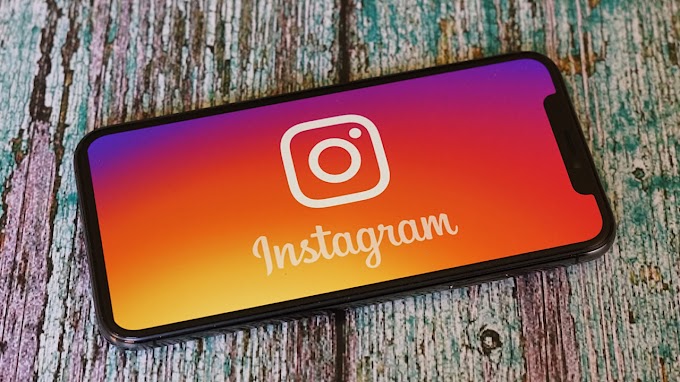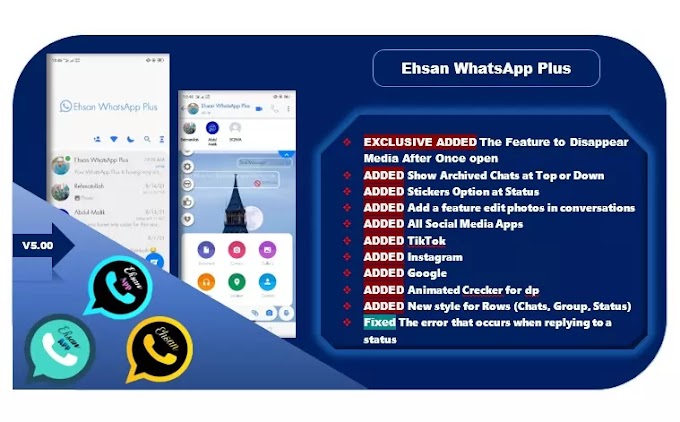Once again, the controversy is being raised about the privacy policy on instant messaging applications, especially after WhatsApp announced that its users who refuse to agree to its new terms will be banned from using their accounts as of February 8th.
Many users of the Facebook-owned application have received a notification from WhatsApp that they must agree to the new privacy policy for it before February 8, otherwise they will not be able to use it after that date.

As soon as the user enters the WhatsApp application, a message appears in front of him asking him to update the application's privacy policy. The new policy allows "WhatsApp" to share some of its users' data with the company, "Facebook", the owner of the application, and allocate a space to interact with ads.
The new changes were met with widespread criticism on social media, as commentators accused the application of violating their privacy. Some users of the application also complained about activating the new terms of use without knowing their details, while tweets published a list of applications that they said “have strong encryption and take into account privacy as the “ Telegram ” application .
What do we know about the new WhatsApp update?
WhatsApp is one of the largest applications of Facebook. The number of its users around the world is about 2.2 billion, and it is the most downloaded application on smartphones. In August 2016, WhatsApp made a major update to its Privacy Policy. And the WhatsApp administration was not satisfied with these measures, so it included several updates, the latest of which was last Thursday’s update, and the new amendments will become mandatory by next month.

It is worth noting that there are countries that do not meet the new conditions, such as the European Union and Britain. The new terms provide for the collection and sharing of information with other Facebook companies, such as the phone number, account picture, and user activities on the application, in addition to identifying the digital identifier (IP) of the user's computer or phone, location and language.
It also includes collecting information about payment transactions and financial data of users, and Facebook aims to "develop sales and earning services by allowing advertisers to communicate with their customers via WhatsApp, or even sell their products directly through the platform."
In a statement sent to Agence France-Presse, the WhatsApp administration said, "The data that may be shared between WhatsApp and the rest of the Facebook applications will not include the content of messages that remain encrypted." But it seems that these assurances did not dispel the doubts of the users of the application, who decided to resort to the “Signal” application, especially after Elon Musk called on his followers to use it.
And he continues: "WhatsApp also allows storing a huge amount of data related to the user and his activities. It will collect more information with the next update to share it with the Facebook group."
WhatsApp will not "collect real user data, but will use metadata, which are algorithms that will describe your interests and activities to other Facebook companies," according to technical expert Osama Essam El-Din. For example, if you want to buy a specific device or visit a theater, WhatsApp analyzes your interests and sends them to Facebook so that it can display ads that may attract you. Usually, some commercial companies use “WhatsApp” to communicate with their customers, so the Facebook group years ago launched the “WhatsApp Business” application to make more profits.

This is how WhatsApp responded to all the talk spread about it in recent days, which made many people choose the Signal application as an alternative to it.
- WhatsApp cannot see your private chats.
- WhatsApp cannot keep your records with the people who message you or call you.
- WhatsApp cannot determine your location.
- WhatsApp does not share your contacts with Facebook.
- WhatsApp groups remain private.
- You can activate the feature to delete the conversation automatically.
- You can upload your own data.
(WhatsApp is a safe application and does not have any violation of your privacy)
These new changes come in light of a war that Facebook, the owner of the WhatsApp application, is waging with Apple, over tracking user data for use in ads.
The new privacy policy states, "As part of the Facebook family of companies, WhatsApp receives information from and shares information with this group of companies... We may use information we receive from them, and they may use information we share with them."
The new WhatsApp company response dated today
We've heard from many people how much confusion there is about the latest update. There has been a lot of misinformation causing concern and we want to help everyone understand our principles and facts.
WhatsApp is built on a simple idea: what you share with your friends and family stays between you. This means that we will always protect your personal conversations with end-to-end encryption, so that neither WhatsApp nor Facebook can see these private messages. This is why we do not keep logs of who sends messages or contacts them. We also can't see your shared location and we don't share your contacts with Facebook.
With these updates, none of that changes. Instead, the update includes new options people will have to message a company on WhatsApp, and provides more transparency about how data is collected and used. Although not everyone will shop through a business on WhatsApp today, we believe that more people will choose to do so in the future and it is important for people to be aware of these services. This update does not extend our ability to share data with Facebook.
We're now returning the date people will be asked to review and accept terms. No one's account will be suspended or deleted on February 8th. We'll also do more to clear up misinformation about how privacy and security work on WhatsApp. We'll then gradually move people to review the policy at their own pace before new business options become available on May 15.
WhatsApp has helped bring end-to-end encryption to people around the world, and we are committed to defending this security technology now and in the future. Thank you to everyone who contacted us and to the many who helped spread the facts and stop the rumours. We will continue to put everything we have into making WhatsApp the best way to communicate privately.




